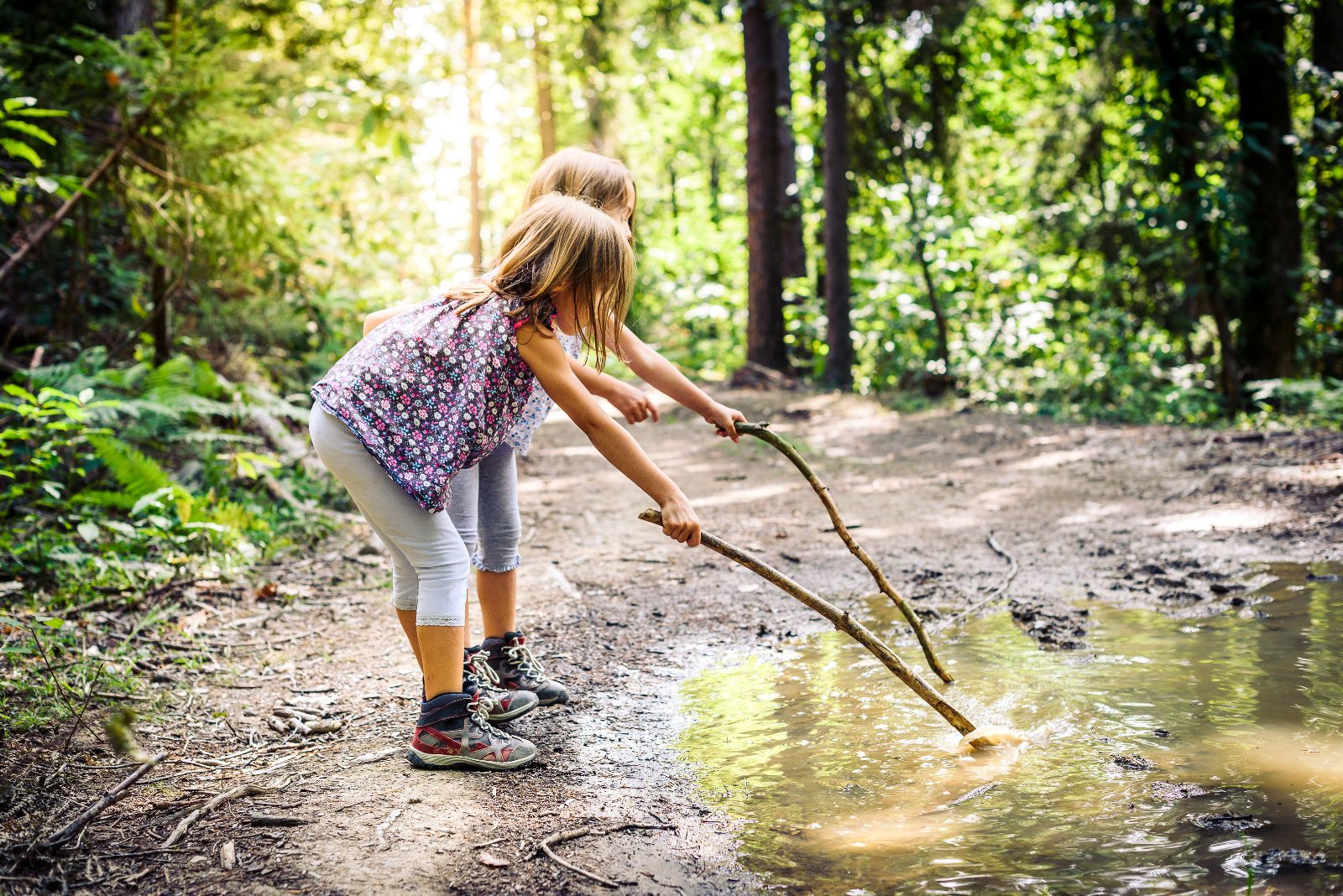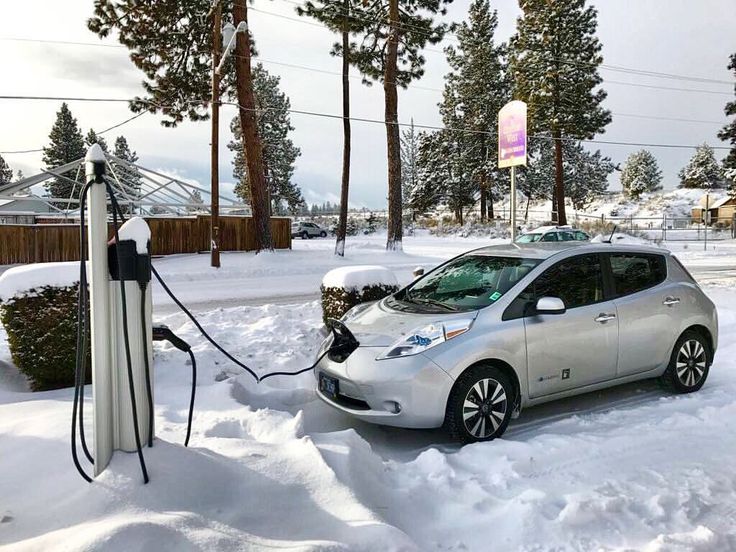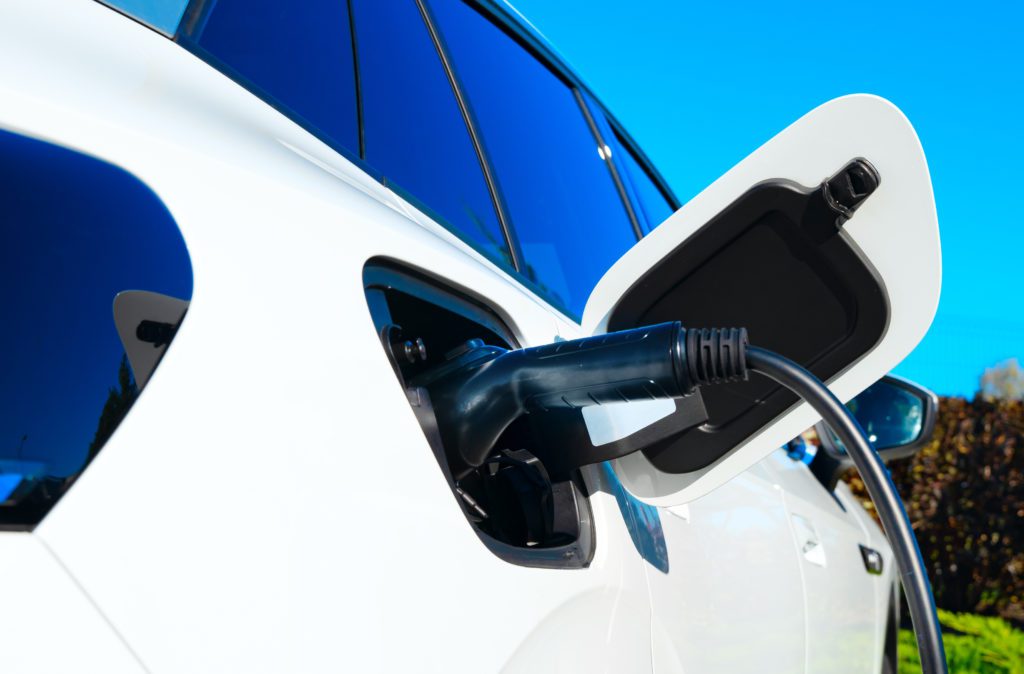Think of a favourite outdoor spot you visited as a child. Maybe a swimming hole where you’d jump off rocks on hot days with friends, or a city park where you’d find shade under a big maple tree. My spot was a small urban ravine in southern Ontario I ran to after school, filled with ducks, muddy paths, and scraggly birches. I spent countless hours running around the muddy trails, finding frogs, chasing ducks, and as I grew into a moody preteen, avoiding my parents.
Someday, I look forward to sharing that ravine with the kids I have yet to raise. But I can’t help wondering what the ravine will look like if/when my grandkids want to play there. Data shows that on our current trajectory, we’ll see a doubling of extreme summer heat days in Ontario by 2050, a big increase in tick-borne illnesses like Lyme disease, and more intense local rainstorms causing increased flooding. On the days it’s not too hot or stormy to play outside, my grandkids will have to suit up in tick-proof pants to wade through flooded trails to see….the place where ducks used to live before they moved north.
The science is clear: if we don’t take stronger action now to fight climate change, the people we love will have a lot more to worry about in the future than trail conditions. They will face violent, life-threatening storms, floods and fires, dwindling resources, and ecosystems in collapse. In fact, people are starting to face these climate change impacts now – and a disproportionate number are in low-income areas with fewer resources to begin with. Yet here we are, arguing about whether it’s worth taking action at all.
But we have time to make a difference. As shocking as the recent Intergovernmental Panel on Climate Change (IPCC) report was, it also offered some hope. We have a road map for how to stop the worst of this crisis from happening. We know what we need to do, and we have the tools and technology to take action. If we act now, we can reduce carbon pollution within 12 years and limit global warming to 1.5C.
This road map calls for quick and decisive climate action. Let’s not waste our time arguing about the first steps, like whether or not to price carbon pollution, or build more renewable energy, or switch to cleaner vehicles. In thirty years, will you really look back and remember gas prices going up by 4 cents per litre? Or will you remember the opportunity we had to put the brakes on climate change, and start creating a better world where the people and spaces you love can thrive?
Everyone – not just our loved ones – deserves the healthy future at the end of this road. A future with fish in the ocean, rivers and streams to swim in, and clean air to breathe. For the sake of our loved ones now and in the future, let’s come together to support strong steps in the right direction.









